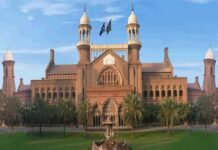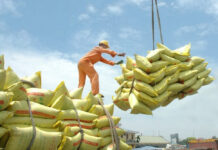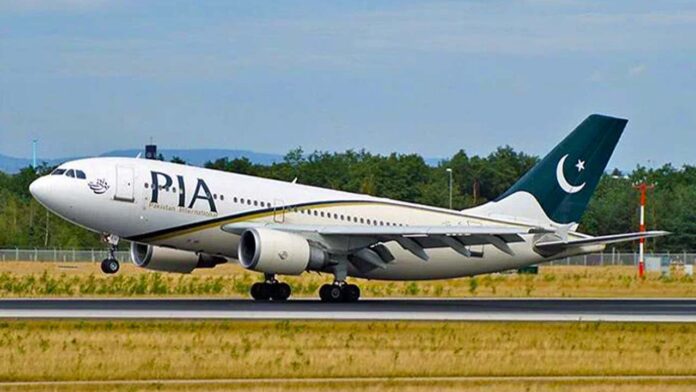Arif Habib has proposed that the government should reinvest the proceeds from the privatisation of Pakistan International Airlines (PIA) back into the national carrier.
The state will continue to hold a 49% stake.
Arif Habib Corporation is part of one of the six consortiums pre-qualified to bid for the airline in August 2024.
Talking to journalists, Group Chairman Habib stated that PIA was carrying a negative equity of Rs50-55 billion and liabilities of Rs200 billion.
He suggested that reinvesting the privatisation proceeds into the airline would help resolve its issues and enable future profitability.
He also emphasised the need for a clear plan from the government for potential bidders, including timelines for repaying outstanding dues to entities like the Civil Aviation Authority (CAA) and Pakistan State Oil (PSO).
Habib highlighted the importance of giving the new partner enough time to address the airline’s challenges and repay dues, suggesting that immediate repayment might not be feasible. He recommended a period of four to six weeks for due diligence and evaluation by the Privatisation Commission.
Habib also mentioned the recent acquisition of 50,000 acres of land in Punjab for corporate farming, aiming to attract foreign and local investment in the agriculture sector.
Referring to his real estate project, Naya Nazimabad in Karachi, he announced plans to introduce the sale of tokens for the residency project, allowing small investors to buy stakes in flats and apartments.
Habib anticipated that the State Bank of Pakistan (SBP) would reduce the key policy rate by two percentage points to 20% in the upcoming monetary policy meeting.
He projected that the interest rate would be reduced by seven percentage points over the next year, which would lower interest payments by Rs3 trillion and create fiscal space for the government.
He pointed out that interest payments have increased to Rs9 trillion this fiscal year from Rs1.5 trillion three years ago, due to the cumulative increase in interest rates over the past three years to 22% from 7%.
























